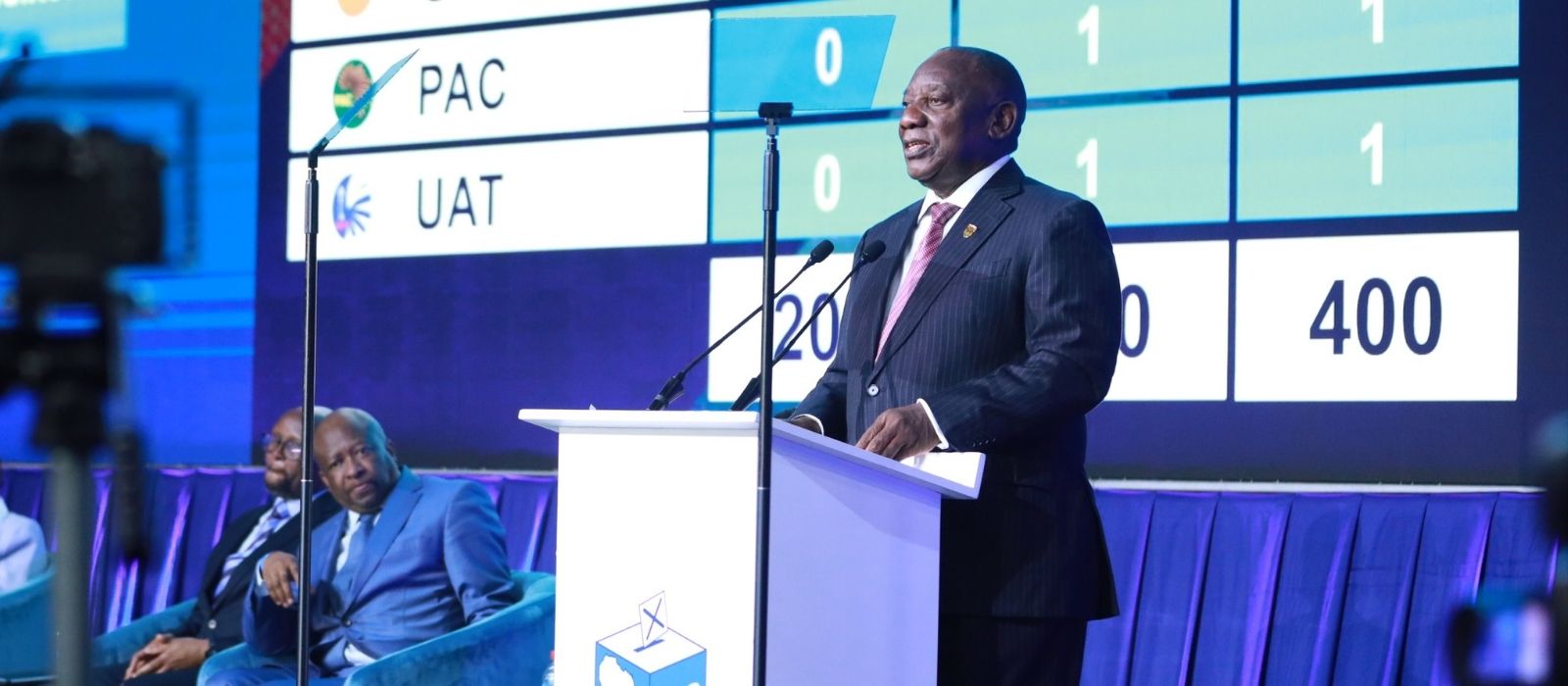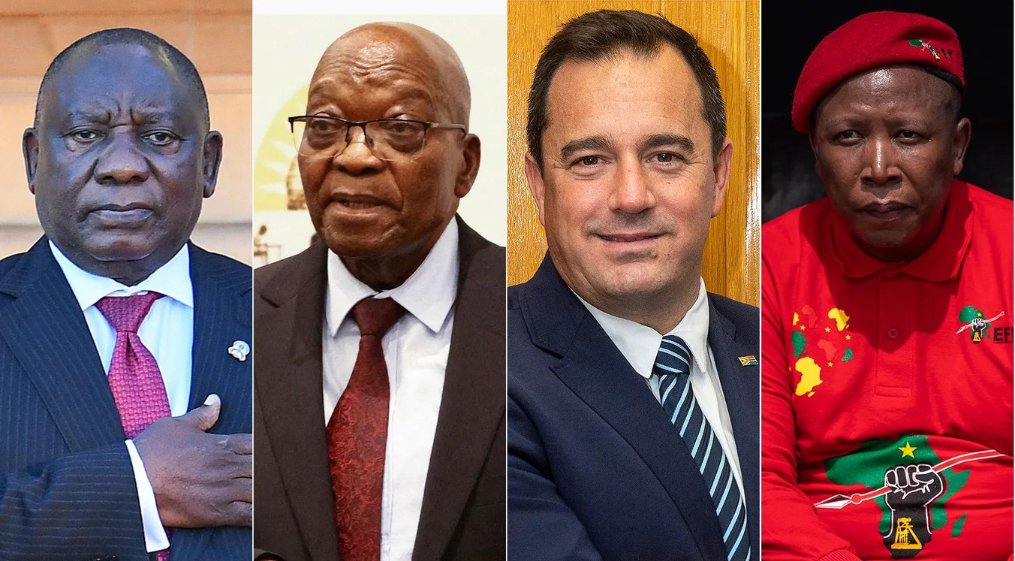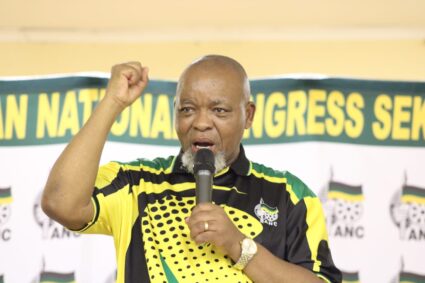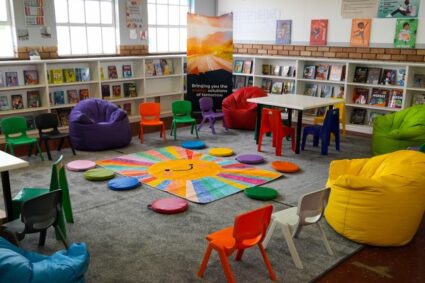
Following the recent elections in South Africa, a scramble for coalition partners has ensued as the Independent Electoral Commission (IEC) revealed disappointing news for the country’s main political parties. For the first time since the advent of democracy, South Africa faces the prospect of a coalition government or a potential re-run of the elections.
The election results indicated that the African National Congress (ANC), the former ruling party, secured approximately 40% of the vote. The Democratic Alliance (DA) followed with 22%, and the newly formed Umkhonto we Sizwe Party emerged as the third largest party with 15%. The Economic Freedom Fighters (EFF) saw their share reduced to 9%, while other parties divided the remaining votes. Notably, the Congress of the People (COPE) failed to win a single seat.
To elect a president, a candidate needs over 51% approval from the members of parliament. With the two-week deadline for the inauguration of parliamentarians approaching, the ANC is actively seeking coalition partners to secure a second term for its leader, incumbent President Cyril Ramaphosa.
One potential partner for the ANC is its main rival, the Democratic Alliance. The DA has committed to creating two million jobs and addressing issues such as crime and load shedding. However, the DA has been a vocal critic of ANC policies on healthcare and land reform.
In an interview with eNCA, an ally of the ANC dismissed the idea of a coalition with the DA, citing opposition to the DA’s stance on workers’ rights. The specifics of what positions the DA might demand in a coalition with the ANC remain unclear.
John Steenhuisen, the leader of the DA, emphasized that the party would prioritize the interests of the people and the constitution in any coalition talks. “I want to assure the people of South Africa that the DA will always act in the interests of the people throughout this unprecedented moment in our country’s history,” Steenhuisen said. He further added, “This moment calls on all patriotic South Africans to step up and defend our constitution. The DA will answer the call of South Africa.”
The DA has ruled out coalitions with the Umkhonto we Sizwe Party and the EFF, citing policy differences. In the Western Cape, the DA secured a majority and will govern without a coalition.
The Umkhonto we Sizwe Party, which garnered 15% of the national vote and holds a majority in KwaZulu-Natal, will still require a coalition to govern the province. The party, which advocates for land redistribution, has stated it will not partner with the ANC unless President Ramaphosa steps down.
The EFF, the fourth largest party, has expressed willingness to form a coalition with the ANC. However, EFF leader Julius Malema did not specify which ministerial positions the party would seek.
The Patriotic Alliance, led by Gayton McKenzie, has been clear about its coalition demands, particularly aiming for the Home Affairs ministerial portfolio.
As coalition talks progress, key questions remain about who will be appointed to critical government positions, including President, Home Affairs, Mines and Industry, and Foreign Affairs.
Coalition governments have been a feature in other Southern African countries such as Lesotho and Zimbabwe, providing a context for South Africa’s current political landscape.



